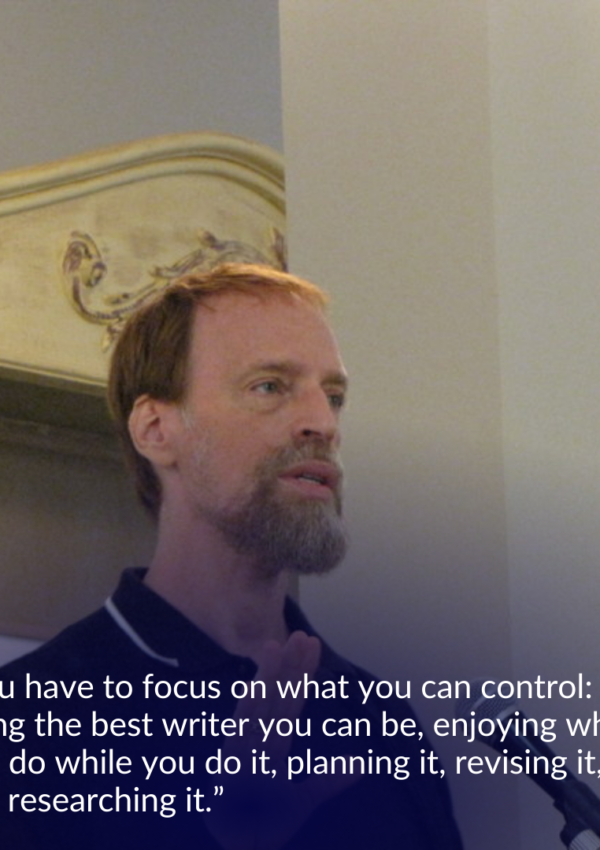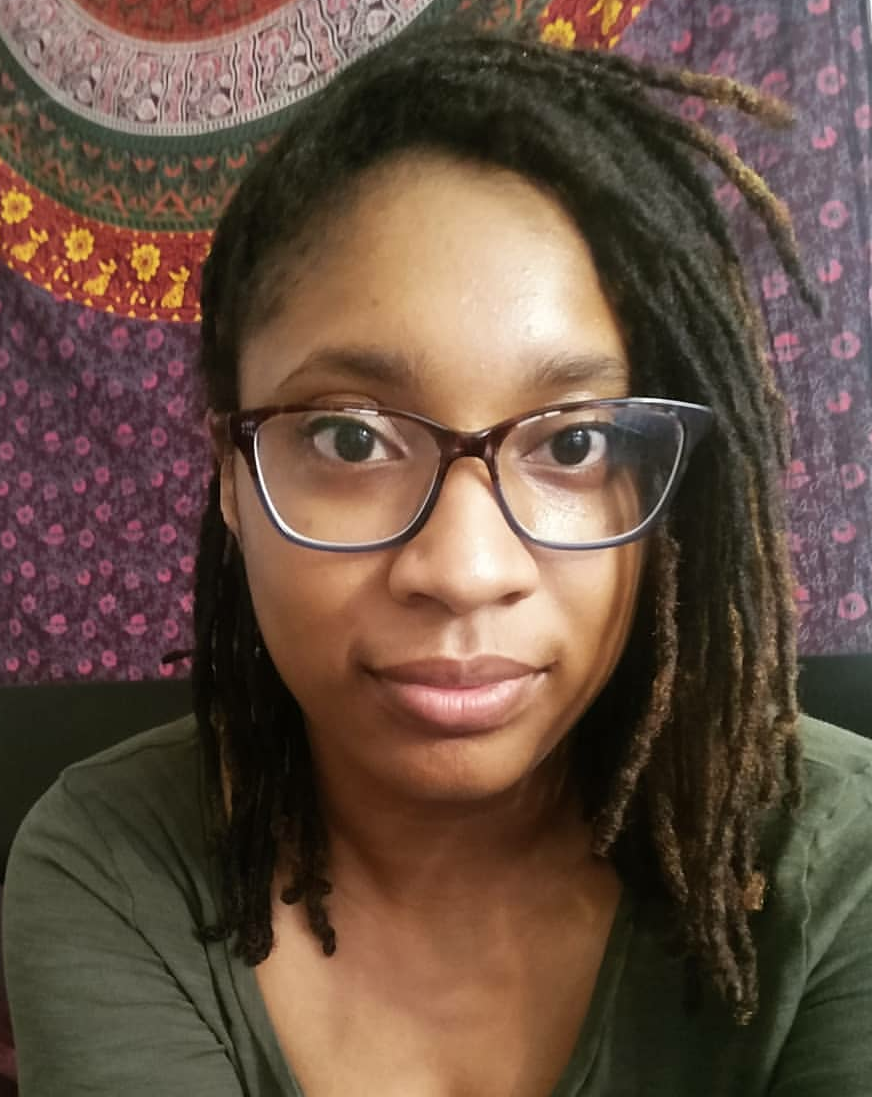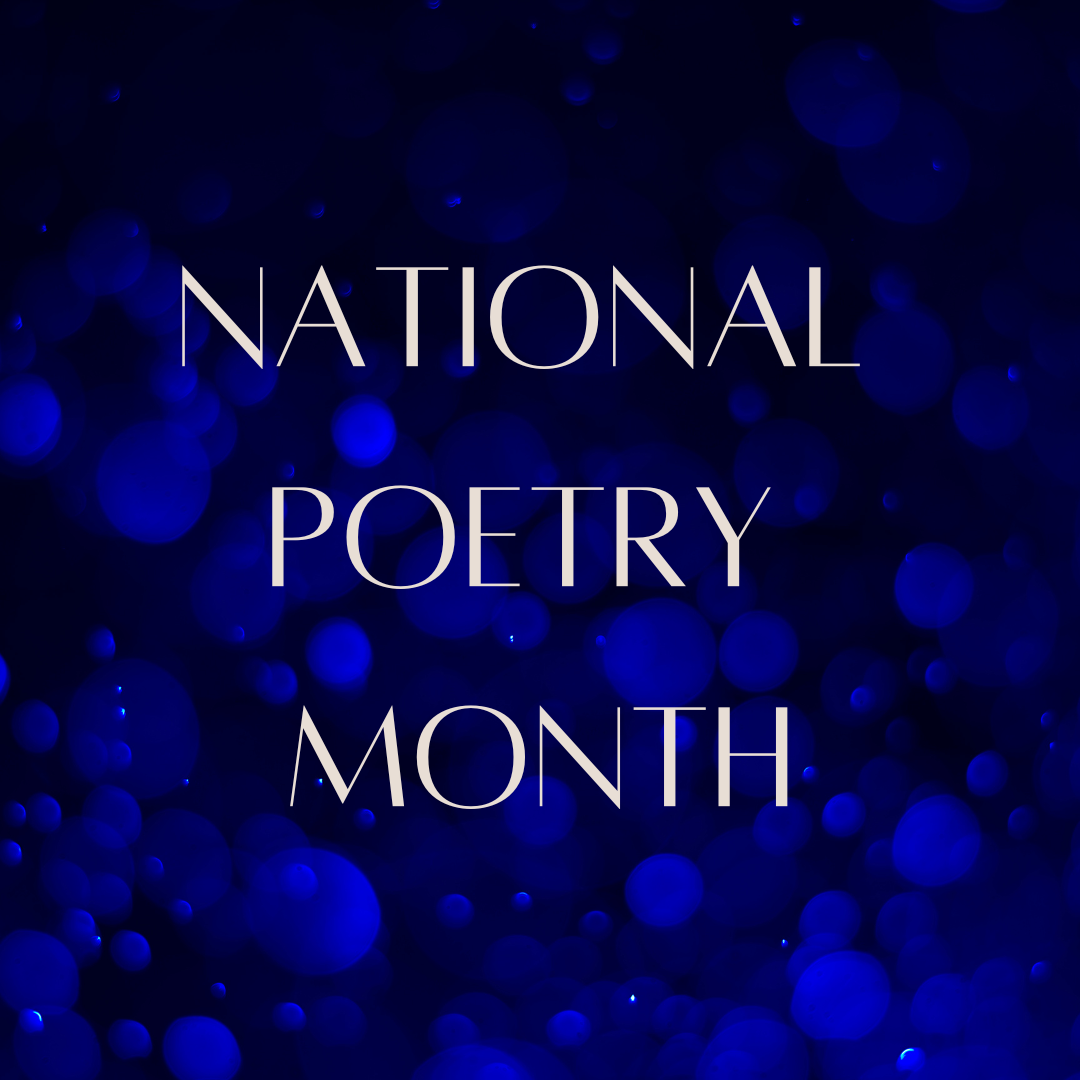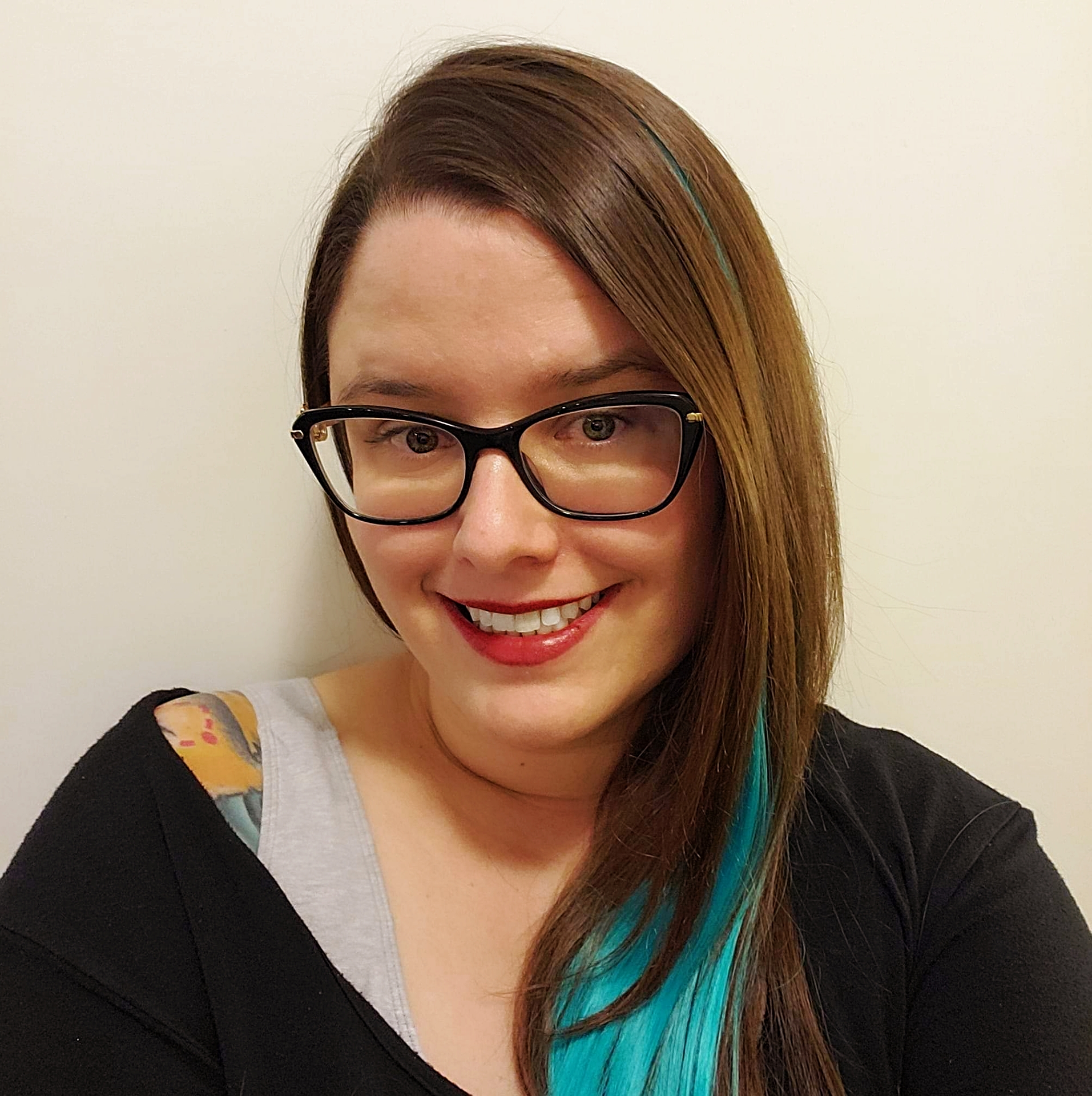I have written before of the necessity of a fiction writer’s belief in the story he is telling. Hallie Burnett has expressed this necessity in a few words. She wrote that “one cannot stress too often that your own credibility to a reader is equal only to the quality of belief you yourself are putting into the venture.” I would like to speak to what I believe is the reality behind that truth.
When I am writing, nothing else exists. I write in the den, in my easy chair, with my laptop in my lap. There can be several people in the room, including children, with all sorts of things going on, but I am completely unaware of it. Nothing dents my immersion until someone speaks to me—and then she may have to yell to get my attention. I will answer. Then, if they have no further need of me, I will re-enter my world, and the world around me falls away again. What I am creating is real, and the life around me, for the moment, is held at bay.
I believe for every great writer—Faulkner, Hemingway, Styron, James, Twain, Wharton, Camus, Gide, Mann, Oates, Tolstoy, Dostoevsky,—for all of them—and even for every good storyteller, this is true: the world the writer is creating is more real than the world, the life, around her. She knows her characters better than she knows anyone she has ever met—knows them intimately, knows all of the vagaries of their hearts and minds.
And the reader feels this as well. She feels she understands everything better. Her world is being completed, given compass.
Whenever I think of this, I think of Kant’s distinction between the phenomenal and the noumenal. The tactile world in which we live and breathe is the phenomenal. The thing in itself is the noumenon. When I am writing a novel, I feel I am actuating the noumenal for the reader. And for me, this act completes—cements—the world around me. I believe this is happening for the reader as well.
If you are dubious, think of all the millions of people down the ages who have drawn their reality from The Bible, The Vedas, or from myth. These things complete their understanding of their lives. Their holy books are their reality. These narratives are as necessary as food, water, and shelter. They are a form of food, water, and shelter.
I believe I am right about these things. If I am, you need never worry that your work may be of no moment. It completes your readers’ reality. It is as necessary to them as the nourishment on their plates. We sense this. That’s why we write.
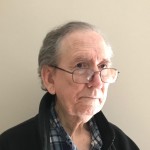
David Massey has a Master’s Degree in English Literature After 1660 from The University of South Carolina and while there studied creative writing under George Garrett and James Dickey. He turned rather belatedly to fiction writing as a serious occupation but has had several stories published in the last two years.
